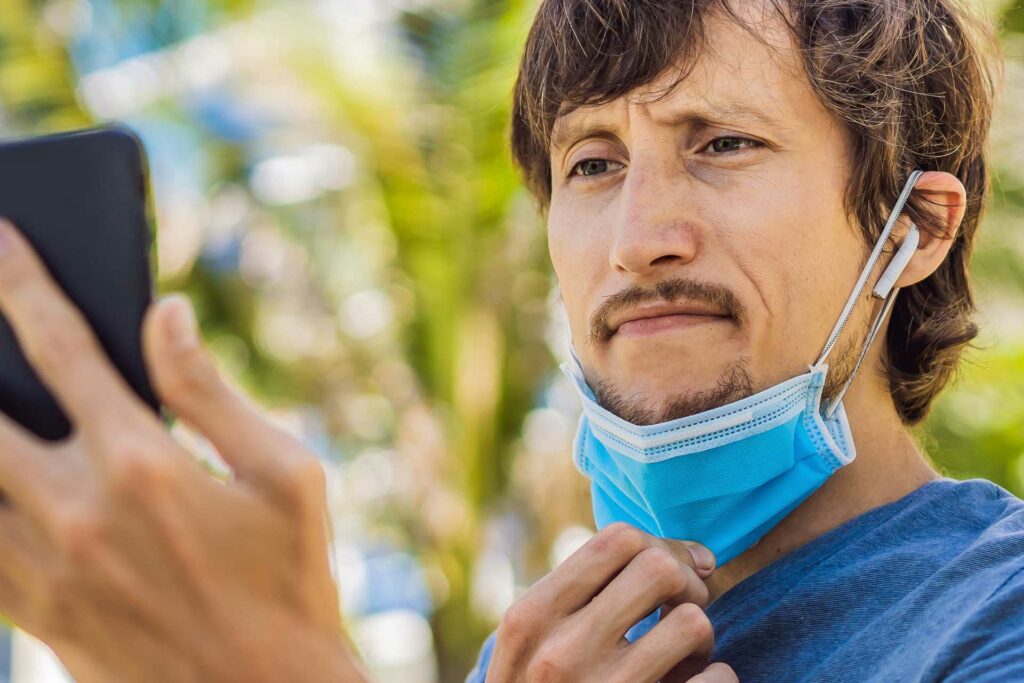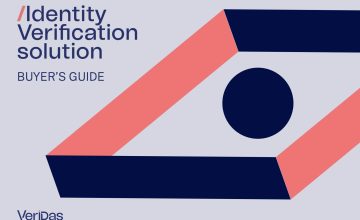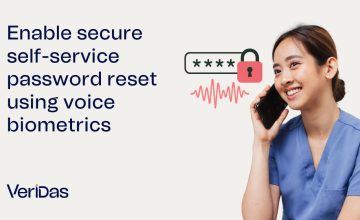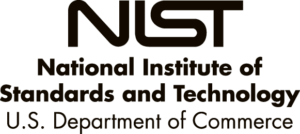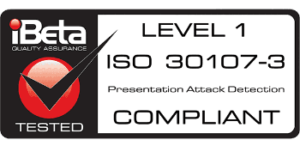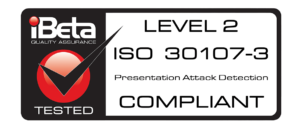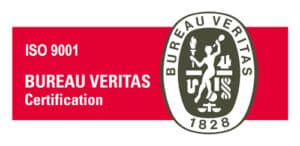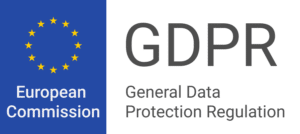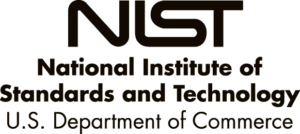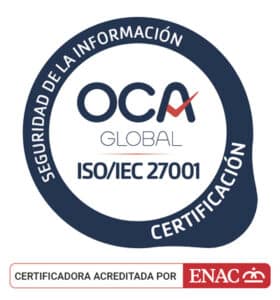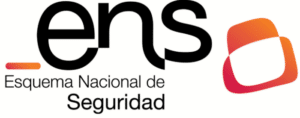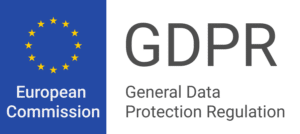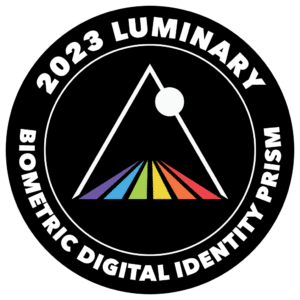Introducción
El estado de alarma mundial provocado por la pandemia de coronavirus ha alterado nuestras vidas en todos los aspectos. Todos los ciudadanos del planeta hemos tenido que modificar nuestras rutinas, incluso las más arraigadas, para combatir eficazmente este virus que ha causado tal impacto sanitario y económico.
Una de las principales consecuencias de la COVID-19 ha sido la reducción de la movilidad, tanto global como local, de la inmensa mayoría de las personas. Desde el comienzo de la pandemia, el endurecimiento de las restricciones y las limitaciones en las fronteras entre países han sido una herramienta clave para evitar la expansión del virus.
Con la llegada de las vacunas a finales del 2020, se pudo vislumbrar la vuelta a la normalidad, sin embargo, mantener un alto nivel de seguridad sigue siendo y será vital para lograr esa ansiada normalidad. No solo para el bienestar de la salud personal o mental, sino también para la creación del contexto necesario para que la economía empiece a recuperarse o incluso a pensar en un posible crecimiento.
En este sentido, una de las principales palancas de recuperación económica para determinados países es la posibilidad de relanzar el turismo, sin duda uno de los sectores económicos más afectados por la pandemia. Hay que recordar que el turismo extranjero representa una parte importante del PIB en la mayoría de los países europeos, como es el caso de España, donde representa el 6%; Croacia, el 20%; o Portugal, con el 10%.
Teniendo esto en cuenta, se ha forjado en Europa un proyecto de Pasaporte Covid con información sobre las vacunas recibidas o las pruebas realizadas por el portador del mismo. Pero, ¿es esto suficiente? ¿Cómo sabremos que el pasaporte corresponde a quien dice ser su legítimo propietario? Sin incluir medidas de seguridad adicionales, ¿podría este pasaporte convertirse en un salvoconducto para las personas que no están vacunadas? ¿Cómo pueden las autoridades evaluar la validez de una prueba PCR realizada por una entidad o clínica extranjera?
Un Pasaporte Biométrico Privado (PBP) que incluya información sobre nuestra vacunación permitirá, de una forma eficiente y segura, abrir gradualmente las fronteras con la confianza de que el virus no se propaga masivamente.
Pasaporte biométrico: privado e irreversible
Un pasaporte biométrico proporcionaría seguridad y privacidad a todos los ciudadanos. Es fundamental reforzar los controles de seguridad, sin perder de vista la usabilidad, si Europa quiere lograr una gran adopción de esta nueva propuesta en la población.
Debería considerarse el uso de la tecnología de biometría facial para asociar cada pasaporte sanitario a una persona física a través de sus datos biométricos de forma totalmente privada y segura, y fácilmente verificable por las autoridades.
A través de un sencillo proceso de alta, realizado a distancia y en el que se capturen todas las pruebas (selfie, DNI e información médica requerida), se generaría un vector biométrico irreversible que se cifraría en un código QR. Esta credencial, al igual que un documento de identidad, sólo estaría en manos del individuo y no sería necesario almacenarla para su verificación por parte de las autoridades. En su lugar, la verificación podría llevarse a cabo con un dispositivo móvil escaneando el código QR y tomando una foto del propietario para comprobar con certeza la información.
Este proceso de transformar todas las pruebas en un código QR, asegurándose de que el individuo que lleva esa identificación es quien dice ser, se llevaría a cabo mediante redes neuronales basadas en la nube, convirtiendo toda esta información en un número matemático encriptado e irreversible.
das-FaceQR es un servicio ofrecido por Veridas (se patentó a nivel global en 2017), que permite la autenticación de una persona mediante biometría facial. El proceso de comparación biométrica se realiza entre una imagen facial y una representación abstracta del rostro de la persona almacenada en un formato QR privado y biométrico.
Cabe mencionar que todo este proceso está certificado en cuanto a seguridad y privacidad a todos los niveles, como por ejemplo la certificación iBeta para la norma ISO 30107-3 para la detección avanzada de vida. Del mismo modo, el sistema de gestión está totalmente certificado bajo la norma ISO 27001. Esta solución ha sido construida bajo los más estrictos requisitos de privacidad de datos.
Proceso del certificado sanitario
Veridas sugiere los siguientes dos pasos para la generación y posterior verificación del pasaporte biométrico:
1. Generación del certificado sanitario
Los profesionales sanitarios que trabajan en organizaciones sanitarias certificadas están autorizados a generar certificados sanitarios.
Estos certificados contienen información sobre el estado de salud de la persona, el profesional sanitario y la organización que emite el certificado (identificación del empleado y de la organización), y la fecha de creación del mismo
2. Verificación del estado de salud
La autentificación del pasaporte sanitario biométrico privado generado mediante la biometría proporciona evidencia de que el estado de salud pertenece al individuo que lo está utilizando sin ninguna duda, eliminando cualquier riesgo de fraude o suplantación
Principales ventajas
· Privacidad. Ningún dato se almacena en los servidores del proveedor. El viajero es el único propietario de sus datos. Todos los datos de este Pasaporte Biométrico Privado están encriptados. Estos datos solo pueden ser descifrados por la API del proveedor, y solo se puede verificar si se recibe un selfie del titular legítimo en la solicitud junto con la lectura del PBP. Por lo tanto, incluso la pérdida de un PBP no expone ningún dato personal del individuo. Si no hay persona, no hay posibilidad de leer el PBP. Ni siquiera los motores biométricos del proveedor pueden reconstruir la imagen facial del individuo a partir de la PBP.
· Seguridad. Para autenticar el PBP se necesitan obligatoriamente dos factores: comprobar algo que el usuario tiene (PBP) y algo que el usuario es (su biometría facial). El motor de reconocimiento facial está sujeto a constantes mejoras en términos de precisión y detección de vida, y se presenta a evaluación continua por el NIST, valorado como uno de los mejores motores biométricos del mundo.
· Global y accesible. La solución propuesta para generar el Pasaporte Biométrico Privado está basada en la nube, totalmente internacional y apta para países desarrollados y en desarrollo. Los PBP pueden presentarse tanto en formato físico o digital en los terminales.
· Seguridad sanitaria. La solución propuesta permite crear un Pasaporte Biométrico Privado que permite a las aerolíneas y al personal de seguridad verificar si una persona ha sido calificada por un profesional de la salud como sana, infectada, inmune, etc. Esta información sanitaria está vinculada de forma unívoca al titular de la credencial a través de la biometría facial. La solución propuesta permite a cada gobierno y compañía aérea utilizar diferentes normas de viaje en función del país de destino, así como el estado y la fecha del control sanitario. Esta tecnología también puede utilizarse para el control de enfermedades infecciosas distintas del Covid-19.
Conclusión
Un pasaporte Covid basado en biometría (Pasaporte Biométrico Privado) permitiría mantener un alto nivel de seguridad proporcionando, al mismo tiempo, privacidad a todos los ciudadanos:
- La tecnología de biometría facial permitiría asociar cada pasaporte sanitario a una persona física a través de sus datos biométricos.
- La asociación se realizaría de forma totalmente privada y segura, y fácilmente verificable por las autoridades.




